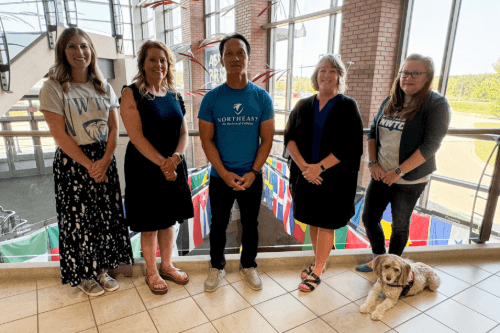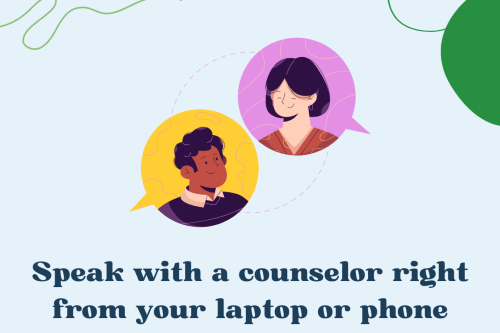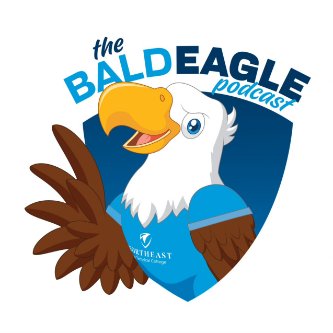
Disability Services empowers education
NWTC’s Disability Services ensures that students receive the support they need to succeed. As part of National Disability Employment Awareness Month, NWTC will host events about disability inclusion.
Cookies on NWTC's Website

I gave blood today. As the nurse took my pulse, he asked, "Are you a runner?" I answered, "I used to be before COVID." Going to the YMCA and running 3 days a week, 5 miles a day was a normal week for me. Now, my COVID normal looks more like setting up an office in my spare bedroom and tag teaming with my husband as we home-school our three boys while we both do our jobs. If I get out for a walk, I feel like it has been an amazing accomplishment! As May passes, I realize the hope I have of getting back to "normal."
But what is "normal" anymore?
According to Dictionary.com the definition of normal is: conforming to the standard or the common type; usual; regular; natural.
Hmm, regular, natural? As Wisconsin's Safer at Home order begins to lift, and things begin to open up, I am not sure that "normal" will be the word we use.
In the world of psychology, we talk about a person's "new normal." This is when something has changed in a person's life forever, such as with a loss, recovering from trauma, or recovering from an addiction. When what was abnormal is now commonplace. The regular is now irregular. One example would be a wife who always traveled with her husband now after his death can only travel without him. Another example we all can relate to is walking into a store, grabbing a cart and doing our shopping while chitchatting with those in the aisle. Since COVID, we place masks on our face, wipe down the cart and quickly pick up what we need without too much human contact. Or what about stopping at a friend's house, not being invited in nor giving hugs, all because of social distancing.
As much as I would love to get back to normal, I think that might be the wrong way of looking at it. I don't think we are going to "get back to normal" for some time, if ever. Our "new normal" now includes COVID. Masks may be a part of our life for a while, washing our hands will become priority as it was supposed to be since being taught in kindergarten, and large gatherings may consist of 50 people rather than 3000.
But we can do "new normal." You see, we have been doing it for several weeks/months. We have quickly adapted to work, learn and exist without all the privileges we had before. Grandparents have learned how to use computers to talk to their grandchildren. Restaurants have learned to serve people without people coming into their buildings. Churches have learned to gather without people leaving their homes. That's COVID normal.
I wonder sometimes, other than staying healthy, what good will come out of this quarantine? Perhaps it will be the extra time the parents of teenagers got to spend with their child before college, or the family dinners that got to happen every night because everyone was home, or the closets that finally got cleaned out, or the realization that teachers need summers off after a year teaching students.
Whatever it looks like when quarantine life and Safer at Home is over, we will adjust. We will accept our "new normal" and embrace what is to come. We will have the opportunity to hug and enjoy one another again. We will have learned to appreciate the things that were our everyday routines. I may run again, or I may just be content walking, but adjustment will happen, and our lives will go on — hopefully, for the better, and with much more appreciation for what we have right in front of us.
Bliss Baudhuin is a Licensed Professional Counselor at NWTC. NWTC counselors continue to provide virtual services throughout summer. To make an appointment with an NWTC Counselor, please call (920) 498-5507 or email nwtc-counseling@mymail.nwtc.edu.

NWTC’s Disability Services ensures that students receive the support they need to succeed. As part of National Disability Employment Awareness Month, NWTC will host events about disability inclusion.

BetterMynd is an online teletherapy platform that connects college students with counselors from the convenience of their laptop or smartphone.

Veronica Zarate and Alicia Stichman join Garrett in the booth to discuss academic support services available to NWTC students.